Hanoi increases the number of pediatric patients infected with respiratory syncytial virus RSV
- Most children infected with RSV virus are hospitalized with wheezing, fever, some children have respiratory failure requiring oxygen support. Most cases of respiratory failure are children, 1-2 months old.
Information from Thanh Nhan Hospital (Hanoi) said that recently, the number of pediatric patients hospitalized with respiratory diseases at the hospital has increased significantly. Especially cases caused by respiratory syncytial virus (RSV), especially for children under 6 months of age.
Ms. HTPA (Van Quan, Ha Dong, Hanoi) - the mother of a pediatric patient being treated at Thanh Nhan Hospital, shared that her 4-month-old baby had symptoms of cough, fever, difficulty breathing, and was helped by doctors. Doctors diagnose respiratory infections caused by syncytial virus (RSV). Because of the information that when infected with RSV virus, children will be prone to pneumonia and bronchitis, so the family decided to send the child to the hospital for monitoring and treatment.
Before that, the family also suspected that the baby was infected with syncytial virus due to transmission from siblings attending preschool, because there were nearly a dozen cases of children infected with the virus that had to be absent from school, so as soon as the family showed symptoms, take your child to the doctor.
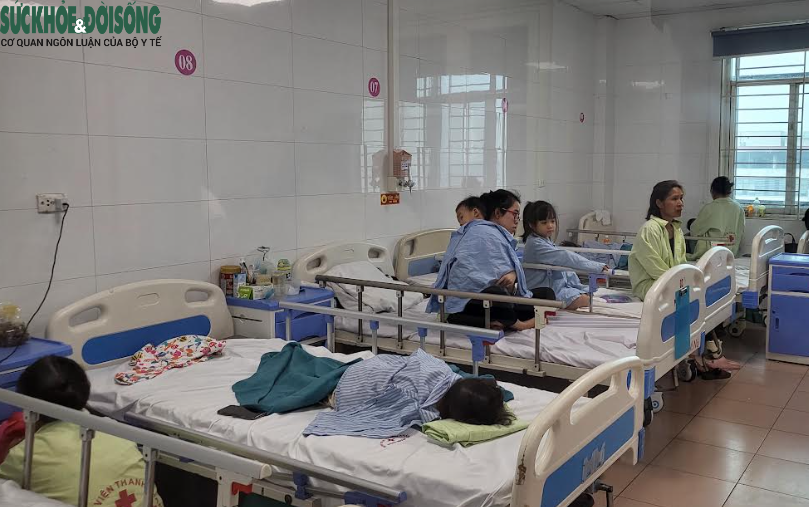
According to BSCKI Nghiem Thi Mai Sang, Deputy Department of Pediatrics and Neonatal Unit - Thanh Nhan Hospital, the rate of children infected with syncytial virus in the Department of Pediatrics and Neonatal Unit of the hospital at the present time accounts for about of the number of pediatric patients. (about 15 children). In which, there are two cases of two-month-old twins, who suffered from severe complications of respiratory failure and were requiring oxygen.
The doctor also said that most children infected with RSV virus were hospitalized with wheezing, fever, some children had respiratory failure and needed oxygen support. Most cases of respiratory failure are in young children, 1-2 months old.
"RSV virus is a virus that causes respiratory failure very quickly, causing pneumonia complications, especially for young children when their immune systems are still weak. Treatment of diseases caused by this virus for children is quite difficult. Although This virus is not a new virus, but there have been many studies and statistics showing that this virus causes severe illness in young children, especially children under 6 months of age.
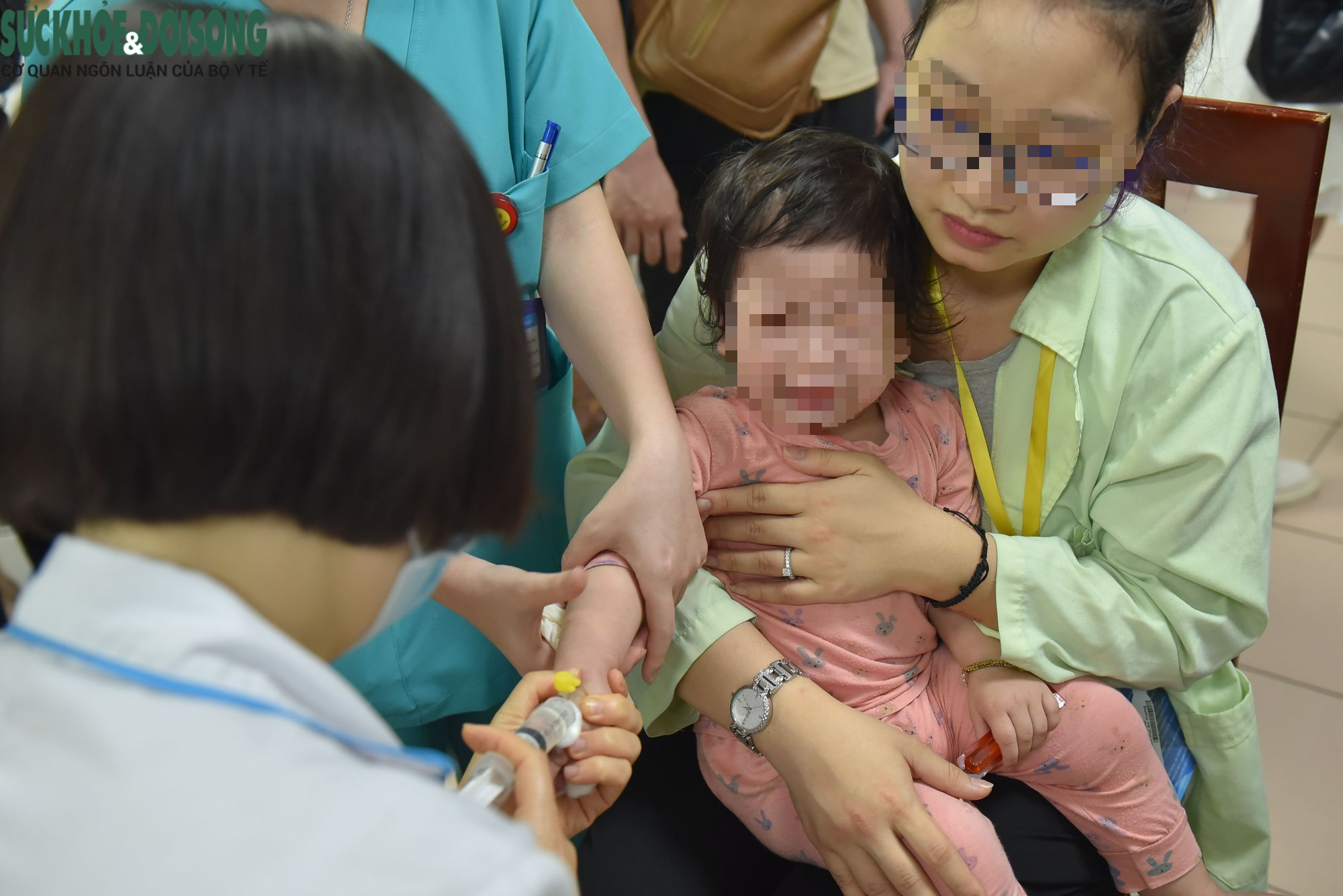
Respiratory syncytial virus weakens the immune system, and there is currently no specific treatment. We can only focus on treatment by providing supportive care and improving the health of the children. This virus often causes co-infection with other viruses as well as with bacteria, so in many cases, children have to take more antibiotics for treatment," BSCKI Nghiem Thi Mai Sang informed.
Also according to the Deputy Department of Pediatrics and Neonatal Unit, RSV virus appears mainly in winter - spring, spreads very quickly because it is easily spread in the air through droplets that carry pathogens released by the patient, through respiratory secretions…so at Thanh Nhan Hospital, we have arranged for children with RSV disease to stay in the same room to avoid cross-infection with children.
BSCKI Nghiem Thi Mai Sang also added that the RSV virus causes very general symptoms, similar to other respiratory diseases such as respiratory tract infections or similar to flu and common cold. Therefore, it is difficult to distinguish whether a child is infected with RSV virus or not.
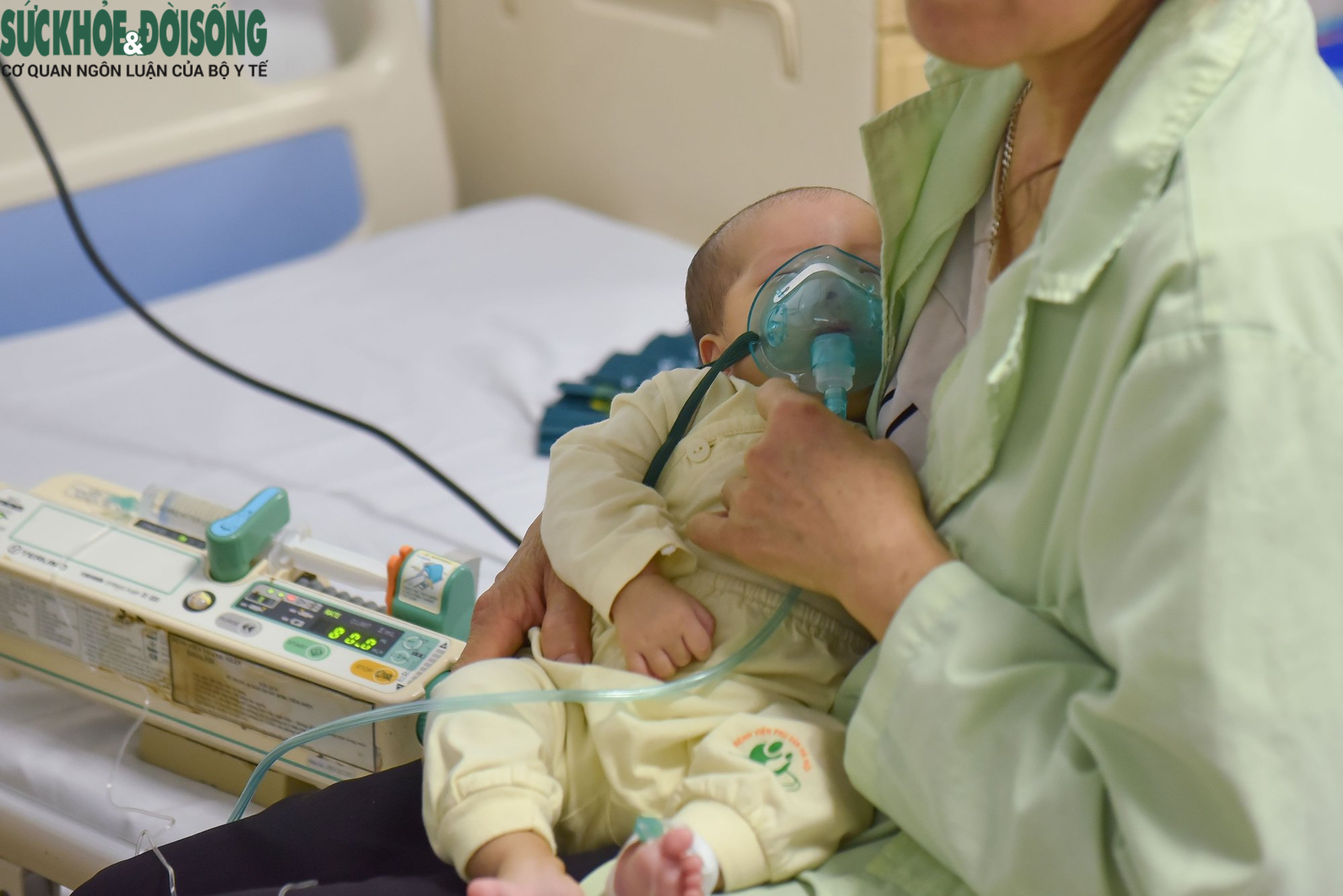
Therefore, the doctor recommends that to avoid infection with respiratory syncytial virus, it is necessary to reduce contact and create a clean environment for children, because the virus adheres to and lives on surfaces for a long time; Avoid letting children come into contact with children who are showing signs of coughing and wheezing; Immunocompromised children can be injected with monoclonal antibodies to boost the immune system; For young children, especially under 6 months of age with symptoms of cough, fever, wheezing, etc., parents should take the child to a medical facility for timely examination and diagnosis.









 Facebook
Facebook
 Tweet
Tweet
 Zalo
Zalo




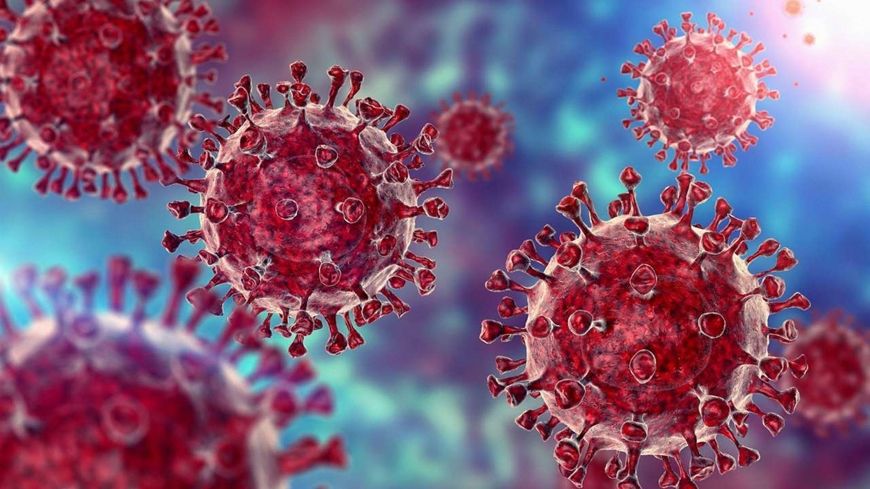

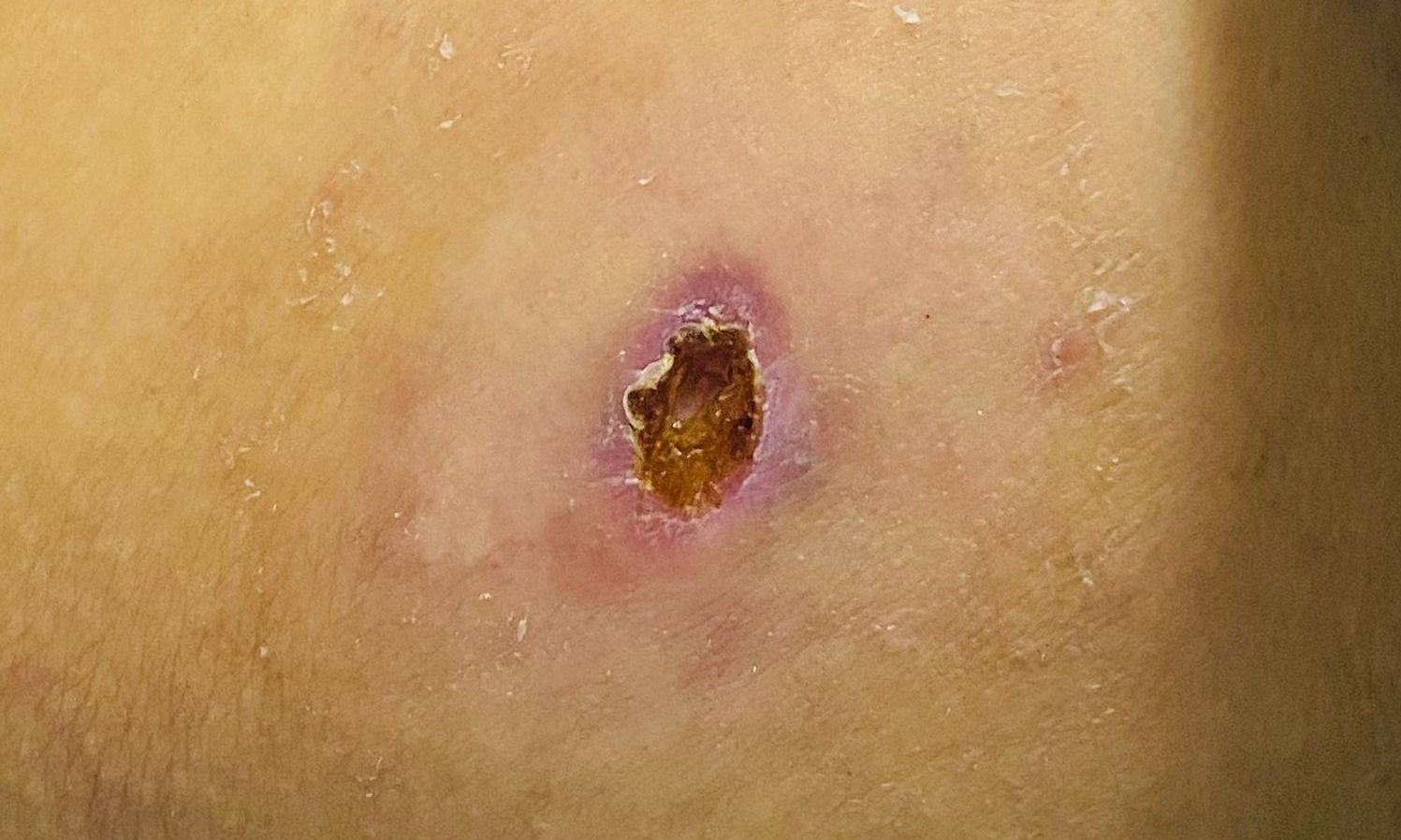
 News
News

















 Sign in with Facebook
Sign in with Facebook
 Sign in with Google
Sign in with Google